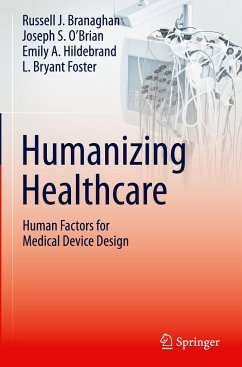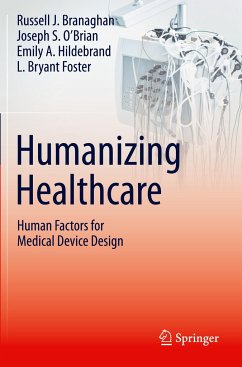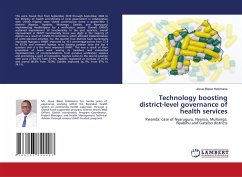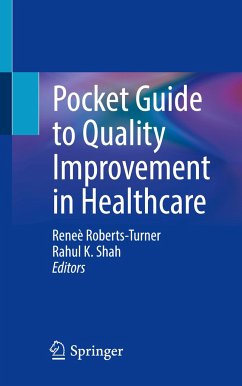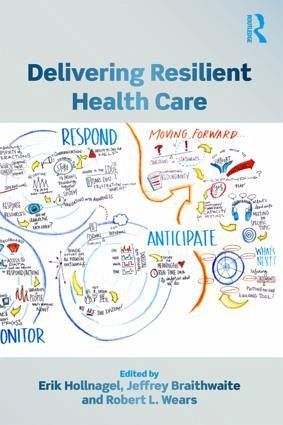
Delivering Resilient Health Care

PAYBACK Punkte
19 °P sammeln!
Health care is under tremendous pressure regarding efficiency, safety, and economic viability. It has responded by adopting techniques that have been useful in other industries, such as quality management, lean production, and high reliability - although with limited, and all-too-often disappointing, results. The Resilient Health Care Network (RHCN) has worked since 2011 to facilitate the interaction and collaboration among practitioners and researchers interested in applying concepts from resilience engineering to health care and patient safety. This has met with considerable success, not lea...
Health care is under tremendous pressure regarding efficiency, safety, and economic viability. It has responded by adopting techniques that have been useful in other industries, such as quality management, lean production, and high reliability - although with limited, and all-too-often disappointing, results. The Resilient Health Care Network (RHCN) has worked since 2011 to facilitate the interaction and collaboration among practitioners and researchers interested in applying concepts from resilience engineering to health care and patient safety. This has met with considerable success, not least because the focus from the start was on developing concrete ways to complement a Safety-I perspective with a Safety-II perspective.
Building on previous volumes, Delivering Resilient Health Care presents documented experiences and practical guidance on how to bring Resilient Health Care into practice. It provides concrete advice on how to prepare a study, how to choose the right data, how to collect it, how to analyse the data, and how to interpret the results. This fourth book in the Resilient Healthcare series contains contributions from international experts in health care, organisational studies and patient safety, as well as resilience engineering.
This book provides a practical guide for delivering resilient healthcare, particularly for clinicians on the frontline of care unsure how to incorporate resilience into their everyday work, managers coordinating care, and for policymakers hoping to steer the system in the right direction. Other groups - patients, the media, and researchers - will also find much of interest here.
Building on previous volumes, Delivering Resilient Health Care presents documented experiences and practical guidance on how to bring Resilient Health Care into practice. It provides concrete advice on how to prepare a study, how to choose the right data, how to collect it, how to analyse the data, and how to interpret the results. This fourth book in the Resilient Healthcare series contains contributions from international experts in health care, organisational studies and patient safety, as well as resilience engineering.
This book provides a practical guide for delivering resilient healthcare, particularly for clinicians on the frontline of care unsure how to incorporate resilience into their everyday work, managers coordinating care, and for policymakers hoping to steer the system in the right direction. Other groups - patients, the media, and researchers - will also find much of interest here.






